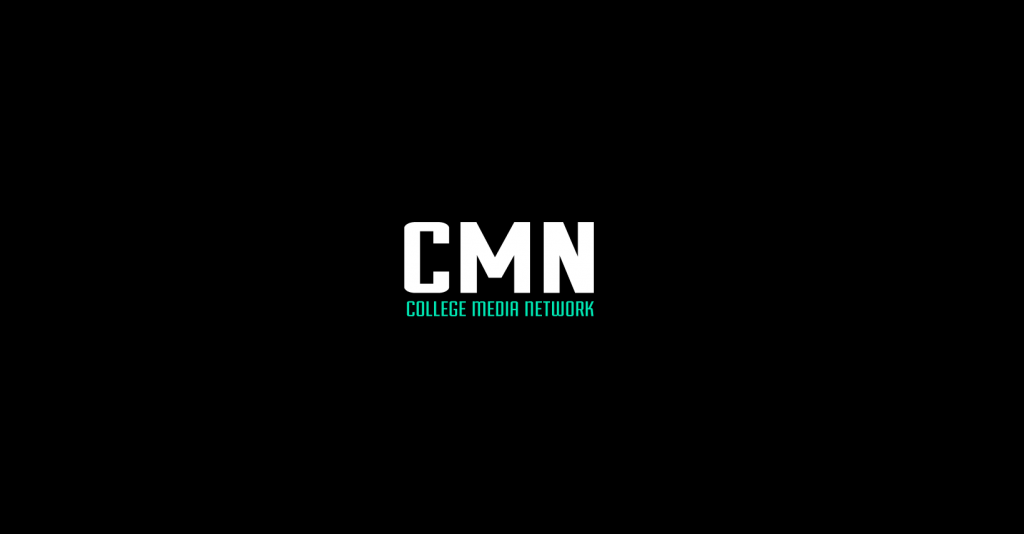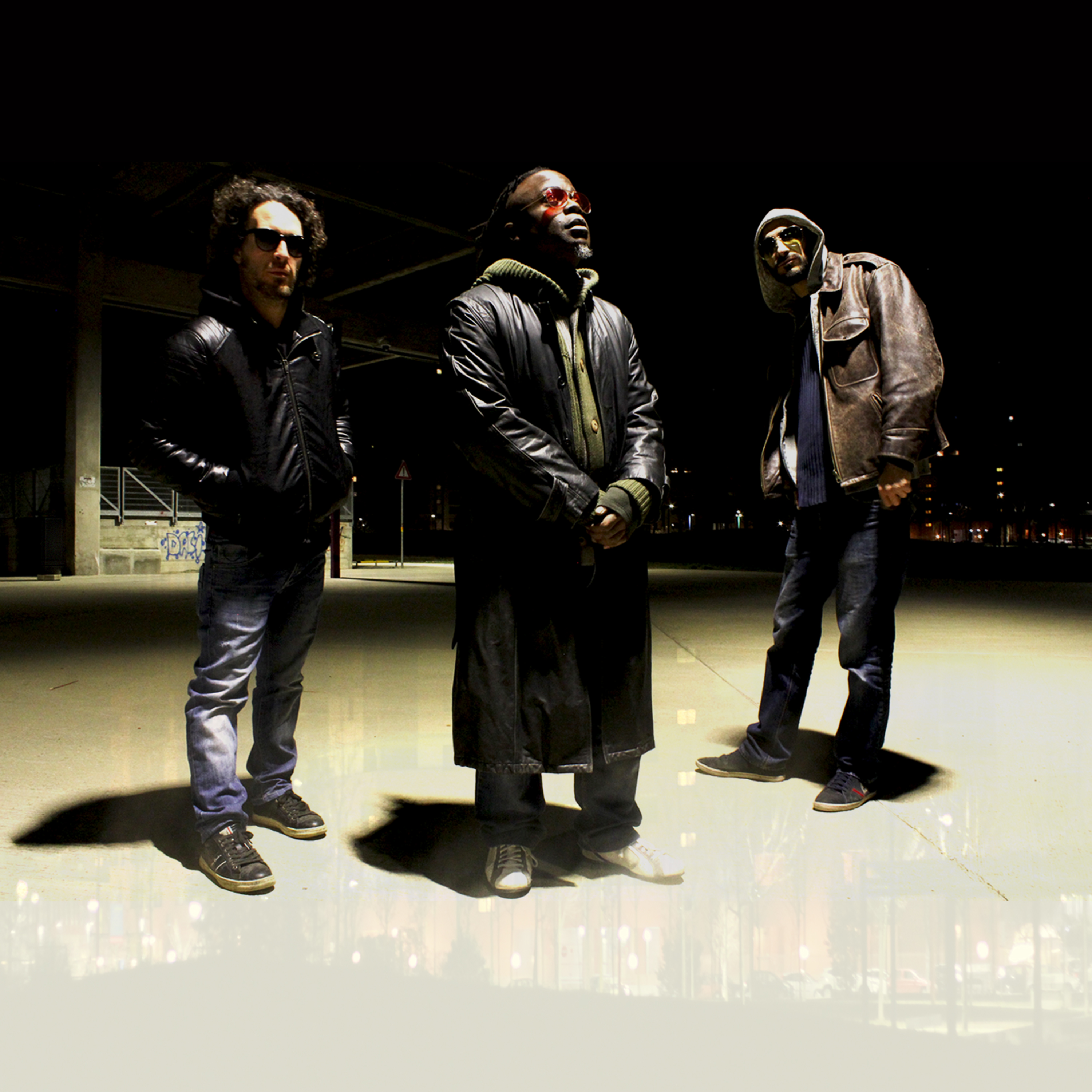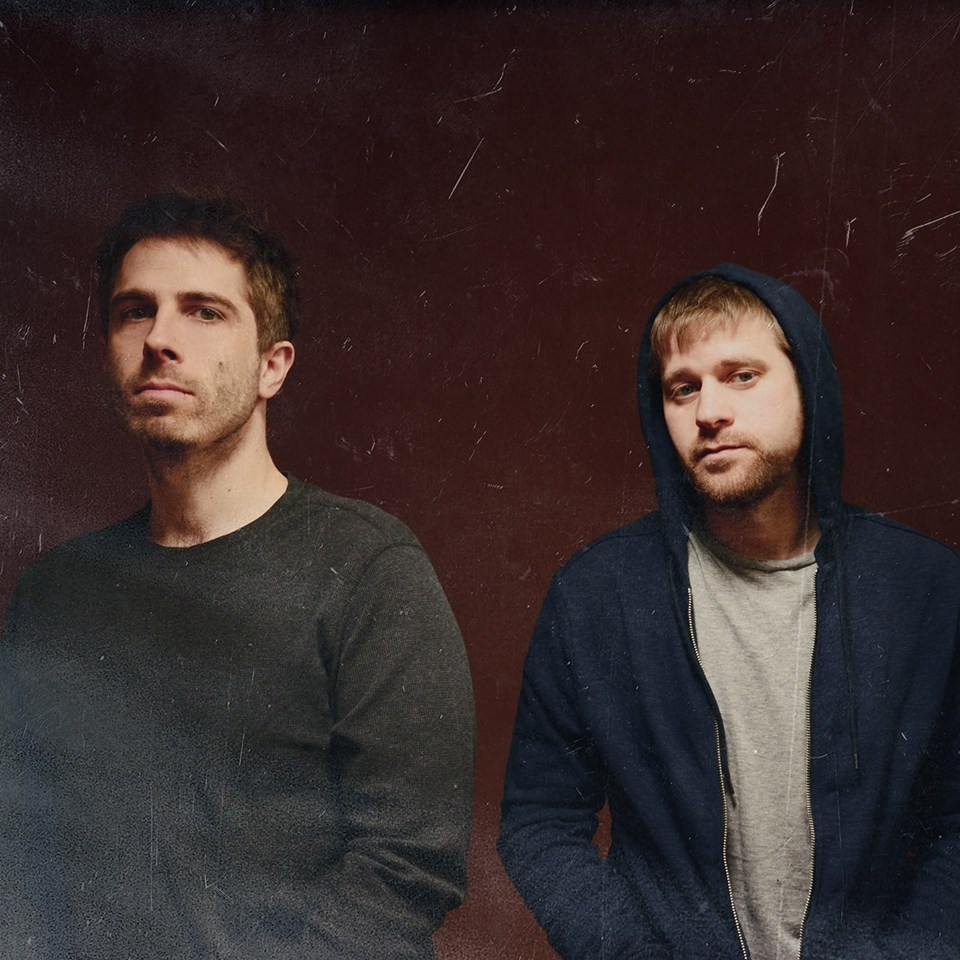Music Writer’s Guide: Tips for Reviewing Concerts
Among the many offerings on CMN’s Podcast Network is Concerts with Curt, with Curt Tagtmeier. Curt is a music journalist and an alumni of the College Media Network Music Journalism Program. Curt attends plenty of concerts, and he and CMN Executive Editor Patrick Foster recently discussed some best practices for reviewing live shows.
Move around to get a balanced view
Curt: “As far as the aesthetic value of what I’m watching, you can move around and get different angles of the stage and even sometimes get closer.”
Patrick: “You never want to review a show where you’re standing in one spot the whole time because it does limit your perspective. You might not be able to see one of the people in the band very well or at all.”
If you stay in one spot your perspective is in danger of being one dimensional and limited. Remember that the audience is diverse and all looking at the show from different points of view. Your job is to reflect that experience.
Pay attention to the crowd. How are they reacting?
Be aware of those around you at all times. What conclusions can you draw from those near you?
Curt: “When I go to these shows I’m kind of crowd watching.”
Patrick: “A big part of reviewing a concert is the flavor of the crowd, so you really have to get that in there. How are people dressed, what were they doing and how did they react and all that stuff. That’s a really important thing.”
Who are they? What is the demographic?
Patrick: “Is it hipster millennials? Is there a mix of old and young? All kinds of different races and genders? It’s really important when writing about a concert to get that kind of flavor in there for those who weren’t able to attend.”
Capture the experience by taking into consideration what is on stage, and what is happening around you. The music and performance is only one dimension of a show.
General tips from Patrick
Foster says that a big part of a successful review is remembering your main purpose as a reviewer: “While it is important, of course, to convey your opinion of the artist’s performance, don’t focus only on that aspect. You are the eyes and ears for readers who were not at the show, so keep every aspect of the experience in mind,” he says. “Describe the venue, the weather, even your trip to the show if that is interesting. Mention the opening acts, the light show or visuals. Try to really take your readers out with you with your writing.”
A reviewer’s best friend: A spot near the soundboard
Finally, Foster shares a piece of knowledge learned from years of attending concerts: Shows usually sound best near the soundboard.
“It makes sense when you think about it, because live sound engineers are standing behind the board, making the band sound good to their ears. If you stand there, you’ll probably get the best sound in the venue. Another bonus is that there is usually a set list on the soundboard, so you can have accurate notes on which songs are played.”



